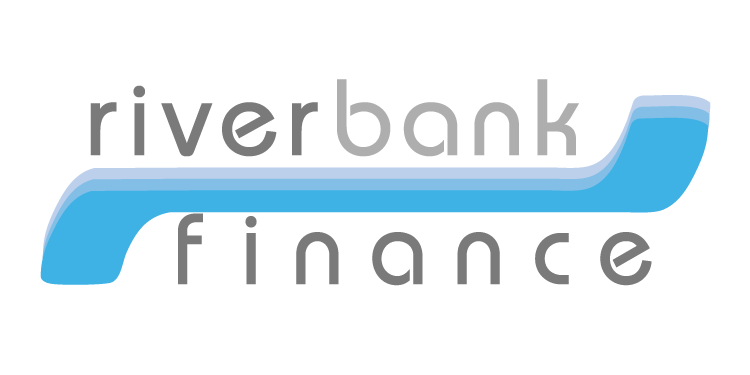
Buying a home is a dream for many, but for those with bad credit, the process can seem daunting. The good news is, it’s still possible to buy a home with bad credit, but it may require some extra effort and planning. In this article, we’ll break down the steps you need to take to make your dream of homeownership a reality, even with imperfect credit.
From understanding your credit score and credit history, to looking into government-backed loan programs, to saving for a larger down payment, we’ll cover all the essential information you need to know to make your home-buying journey a success. With the right strategy and a little bit of patience, you can overcome bad credit and secure a home loan that meets your needs.
Understand your credit score and credit history

Understanding your credit score and credit history is crucial when buying a home with bad credit. Review your credit reports from the three major credit bureaus (Experian, Equifax and TransUnion) to identify any errors or mistakes that may be affecting your score.
By doing this, you will be able to see your credit score, credit history, outstanding debts, and any missed payments or defaults. This information is important to know before you start the home-buying process as it will give you a better understanding of where you stand and what steps you need to take to improve your credit.
Increasing your credit score
You will want to increase positive tradelines and help to remove negative items such as collections, over balance accounts or late payments from your credit history. This will help to build your score and help you qualify easier for a home loan.
- Pay your bills on time – Late payments can have a major impact on your credit score, so it’s essential to pay all your bills on time.
- Keep your credit card balances low – High credit card balances can indicate that you’re overextended, which can negatively impact your score.
- Limit new credit applications – Every time you apply for credit, it shows up as a hard inquiry on your credit report, which can lower your score.
- Dispute any errors on your credit report – If you find any errors or mistakes on your credit report, dispute them with the credit bureau.
- Pay off outstanding debts – High levels of debt can lower your score, so try to pay off as much debt as possible.
- Keep old credit accounts open – The length of your credit history is a factor in your credit score, so keep older accounts open even if you’re not using them.
- Use a mix of credit – Having a mix of different types of credit, such as a mortgage, auto loan, and credit card, can improve your score.
- Monitor your credit score regularly – Keep an eye on your credit score and credit report to identify any changes and take action as needed.
Look into government-backed loan programs

Government-backed loan programs such as the Federal Housing Administration (FHA Loan) or Veterans Affairs (VA Loan) loans may be available to those with bad credit. These programs often have more lenient credit requirements and may be a good option for those who don’t qualify for traditional loans. For example, FHA loans allow a credit score as low as 580 and require a down payment of only 3.5%.
VA loans are available to veterans and active-duty military members and don’t require a down payment at all. These government-backed loan programs can be a great way to get approved for a home loan with bad credit.
Consider adding co-signer or co-borrower
A co-signer or co-borrower with good credit can help you qualify for a home loan. A co-signer or co-borrower is someone who will be responsible for the loan if you default on it. Typically, they have to have a good credit score and be willing to be added to the loan application.
This can be a family member, friend or even a spouse. Keep in mind that this person will be responsible for the loan, so it’s important to have an open and honest conversation with them about the risks and responsibilities involved.
Save for a larger down payment
A larger down payment can also help you qualify for a home loan with bad credit. A larger down payment can offset the risk of lending to someone with bad credit and may result in a lower interest rate.
With FHA Loans, for example, you only need 3.5% down payment for a mortgage. If you have bad credit (a score under 580) then you may still be able to buy but you would need 10% of the purchase price as your down payment. By having a larger down payment, you can demonstrate to the lender that you have the financial means to make the payments and that you’re less likely to default on the loan.
Work with a reputable lender or mortgage broker

Work with a reputable lender or mortgage broker who has experience working with people with bad credit. They can help you understand the options available to you and guide you through the process.
A mortgage broker may also have access to loan programs that are not available through banks or credit unions. They can help you shop around and compare rates and terms from different banks and lenders.
Have a solid plan to improve your credit score in the future.
Have a solid plan to improve your credit score in the future. This can include paying off outstanding debts, making payments on time, and budgeting effectively. Improving your credit score will make it easier to qualify for better loan terms in the future and will also help you in other areas of your life such as getting approved for credit cards and car loans.
To improve your credit score, you can focus on paying down high-interest debt, making all your payments on time, and keeping your credit card balances low. It’s also important to monitor your credit reports regularly, so you can catch any errors or mistakes that might be affecting your score.
Wrap Up
Buying a home with bad credit is possible but it requires extra effort and planning. It’s important to understand your credit score and credit history, look into government-backed loan programs, consider a co-signer or co-borrower, save for a larger down payment, work with a reputable lender or mortgage broker, consider alternative financing options and have a solid plan to improve your credit score in the future. With the right strategy and patience, you can overcome bad credit and secure a home loan that meets your needs.
For additional question or to see if you can qualify for a home loan with bad credit please reach out to Riverbank today at 800-555-2098 or request information below.

 800-555-2098
800-555-2098

